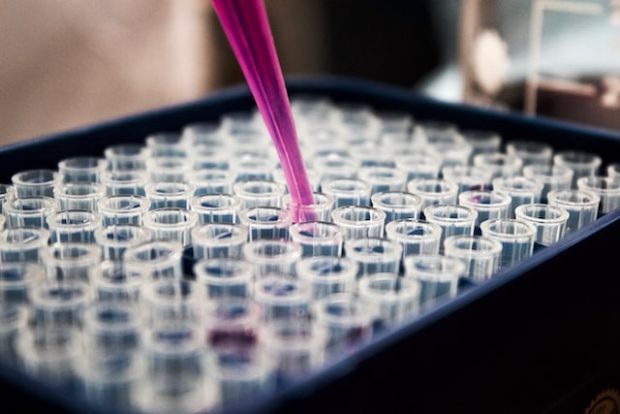Peptides are naturally occurring molecules involved in various biological processes in the body. They are made up of amino acids linked together to form a chain. Peptides are essential in regulating many physiological functions, such as growth and repair, metabolism, and immune function. In recent years, peptides such as BPC-157 and TB-500 have emerged as promising fields in regenerative medicine, and researchers are exploring their potential therapeutic applications in various medical conditions. In this article, we will discuss the future of regenerative medicine with peptides.
What are Peptides?
Peptides are short chains of amino acids that are connected by peptide bonds. They are smaller than proteins and composed of long chains of amino acids. Peptides involve various biological processes such as hormone regulation, neurotransmission, and immune function. They can be produced naturally in the body or synthetically in the laboratory. Peptides are also found in many food sources, including meat, fish, and dairy.
The Potential of Peptides in Regenerative Medicine
Regenerative medicine aims to restore, replace or regenerate damaged tissues or organs. It is a rapidly evolving field with great promise in treating various medical conditions, including cancer, neurodegenerative diseases, and cardiovascular disorders. Peptides have emerged as a potential therapy in regenerative medicine due to their ability to promote tissue repair and regeneration.
Peptides and Tissue Repair
One of the most promising peptides for tissue repair is BPC-157. It is a synthetic peptide derived from a protein found in the stomach. It has been shown to promote tissue repair and regeneration in various animal models of tissue injury. It stimulates the production of growth factors and other molecules involved in tissue repair. It also has anti-inflammatory properties, which can help reduce inflammation and promote healing.
Peptides and Joint Repair
TB-500, or Thymosin Beta-4, is a peptide that promotes joint repair and regeneration. It works by stimulating the production of new blood vessels and promoting the migration of cells to the injured site. TB-500 effectively promotes the repair of damaged joint tissues in animal models. It has also been shown to reduce inflammation and promote healing.
Peptides and Muscle Growth
Peptides are also being explored for their potential to promote muscle growth and repair. One such peptide is GHRP-6, which stimulates the production of growth hormones. Growth hormone is essential for muscle growth and repair. GHRP-6 has increased muscle mass and improved muscle strength in animal models.
Peptides and Skin Regeneration
Peptides are also being investigated for their potential in skin regeneration. One such peptide is Matrixyl, which has been shown to stimulate the production of collagen, a protein that is essential for skin elasticity and firmness. Matrixyl has been shown to reduce the appearance of wrinkles and fine lines in human clinical trials.
Peptides and Diabetes
Peptides are also being explored for their potential in the treatment of diabetes. One such peptide is GLP-1, which stimulates the production of insulin. Insulin is essential for regulating blood glucose levels. GLP-1 has improved glucose control in patients with type 2 diabetes.
Conclusion
Peptides have emerged as a promising field in regenerative medicine. They have shown potential in promoting tissue repair, joint repair, muscle growth, skin regeneration, brain health, and diabetes treatment. Researchers are continuing to explore the therapeutic applications of peptides in various medical conditions, and more peptide-based therapies are expected to be developed. The potential of peptides in regenerative medicine is exciting and offers hope for patients with conditions that were once considered difficult to treat. While peptides such as BPC-157 and TB-500 have shown promise in promoting tissue repair, it is important to note that their use should always be under the guidance of a qualified healthcare provider. As research in regenerative medicine continues to evolve, peptides are likely to play an increasingly important role in the future of healthcare.
Read More:


